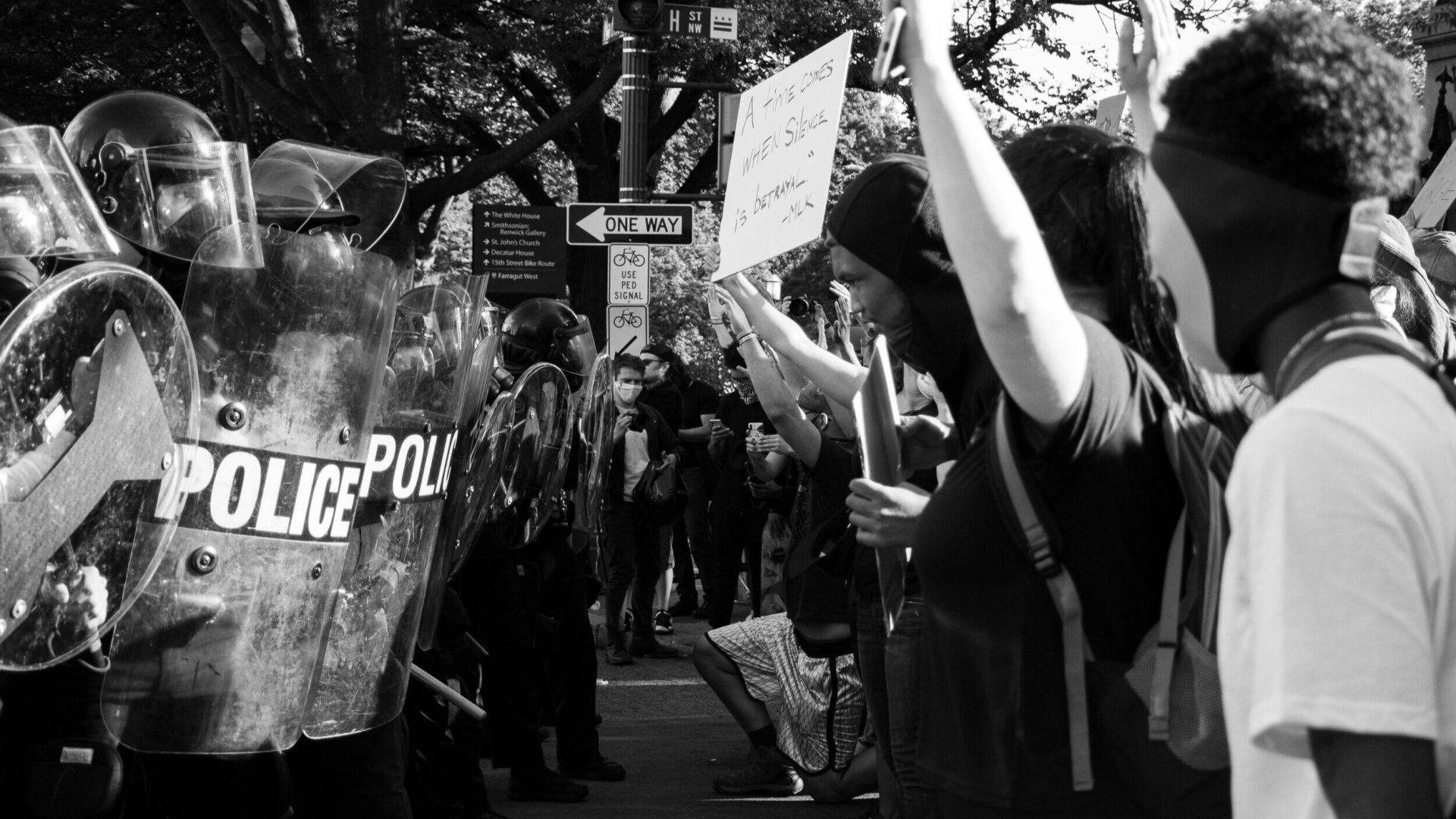
Some stories must never become yesterday’s news. To never get old, never grow cold, and always remain on page one, top of the fold. The life, death, and legacy of George Perry Floyd is one such story.
The trial of Derek Chauvin, the Minneapolis police officer who played a central role in Floyd’s wrongful death, will begin in a couple of weeks. For those who need a reminder, Chauvin and three other officers arrested Floyd outside of a convenience store on May 25th, 2020 for allegedly purchasing cigarettes using counterfeit bills. Seventeen minutes after Floyd was approached by the officers, he was forcibly pinned to the ground by Chauvin, who pressed his knee on Floyd’s neck resulting in his death. Floyd’s final moments were recorded by bystanders and then uploaded to the Internet. The video quickly became viral, and shortly after, sparked social protests across the nation aimed at shedding light on police brutality and systematic racism.
On March 8th, Chauvin will stand trial for charges of second-degree murder and manslaughter for his role in Floyd’s death. The gruesome and agonizing 8 minutes, 46 seconds will once again be played out on networks across the United States and around the world. As this trial unfolds, it is important to remind ourselves the trial is of former Officer Chauvin, his long track record of excessive force, and those complicit with George Floyd’s murder.
The other three officers involved in the case will be tried together on lesser charges, including aiding and abetting murder. Their trial is scheduled for August 23rd, 2021.
The trial will no doubt expose systematic inequalities and racism that run rampant in law enforcement, but the outcome is still uncertain. In another high-profile trial regarding the wrongful death of Breonna Taylor, the two officers involved in her death were not prosecuted because their use of force was deemed justified by a grand jury. If Chauvin is found guilty, the verdict would likely set a new precedent of how extrajudicial police killings can be prosecuted moving forward.
Regardless of the outcome, what should not be obscured by the trial’s coverage is the extraordinary impact of George Floyd’s death. There have been many. Millions of dollars in scholarship funding have been established at historically black educational institutions like Morehouse, Spellman, and the United Negro College Fund. Community organizations and memorials in George Floyd’s honor have also been the beneficiaries of the outpouring of recognition of his unnecessary loss of life. Millions more have been invested in communities of color in the interests of social justice and racial equality.
This is a time of awakening. This is a movement that will not fade. While the protests have largely moved out of the street, the energy for change remains strong.
This is also a time of reflection and constructive policy considerations. There are proposals born of frustration requiring calm, reasoned communication. This conversation needs to contain all interested parties – representatives of Black Lives Matter, law enforcement, the judiciary, and political leaders, who are committed to reaching understanding and common ground. Community activists and members of faith-based organizations also need to be involved to lend these negotiations good-faith and legitimacy.
The only way to honor the memory of George Floyd and others is to make positive steps forward. Concepts that are counterintuitive to public safety cannot be allowed to take root. On one side, the bumper-sticker suggestion of de-funding the police is not feasible, but the re-allocation of policing resources to progressive police initiatives needs thoughtful examination. Conversely, it is ridiculous to dismiss the need to add more rigorous psychological screening, de-escalation training, and the weeding out of white supremacists and extremists in the ranks of those in uniform.
The light of our collective conscience is shining brightly on the insidious nature of racism, especially in our law enforcement. The time is at hand to face the consequences of unbridled bigotry openly and honestly. It may be impossible to legislate tolerance and compassion, but we must nevertheless pursue justice. As Martin Luther King Jr. so famously said, we must measure each other “by the content of our character,” not in terms of race.
When all of the dust settles, this vision can be the true legacy of George Floyd and all the minority lives that have been cut short by corrupt law enforcement. He should be an inspirational figure, not a martyr. Yes, he had his flaws, but some media outlets have unjustly focused on his checkered past rather than the true content of his character. The truth is that he was a gentle and generous man. We share his flaws and internal conflicts.
The murals on the sides of buildings from Belfast to Boston will fade eventually. True change will come from seizing this moment and insisting upon change and racial justice. If we succeed, his impact will never fade away.
______________________________________________________________________________________________________________________






